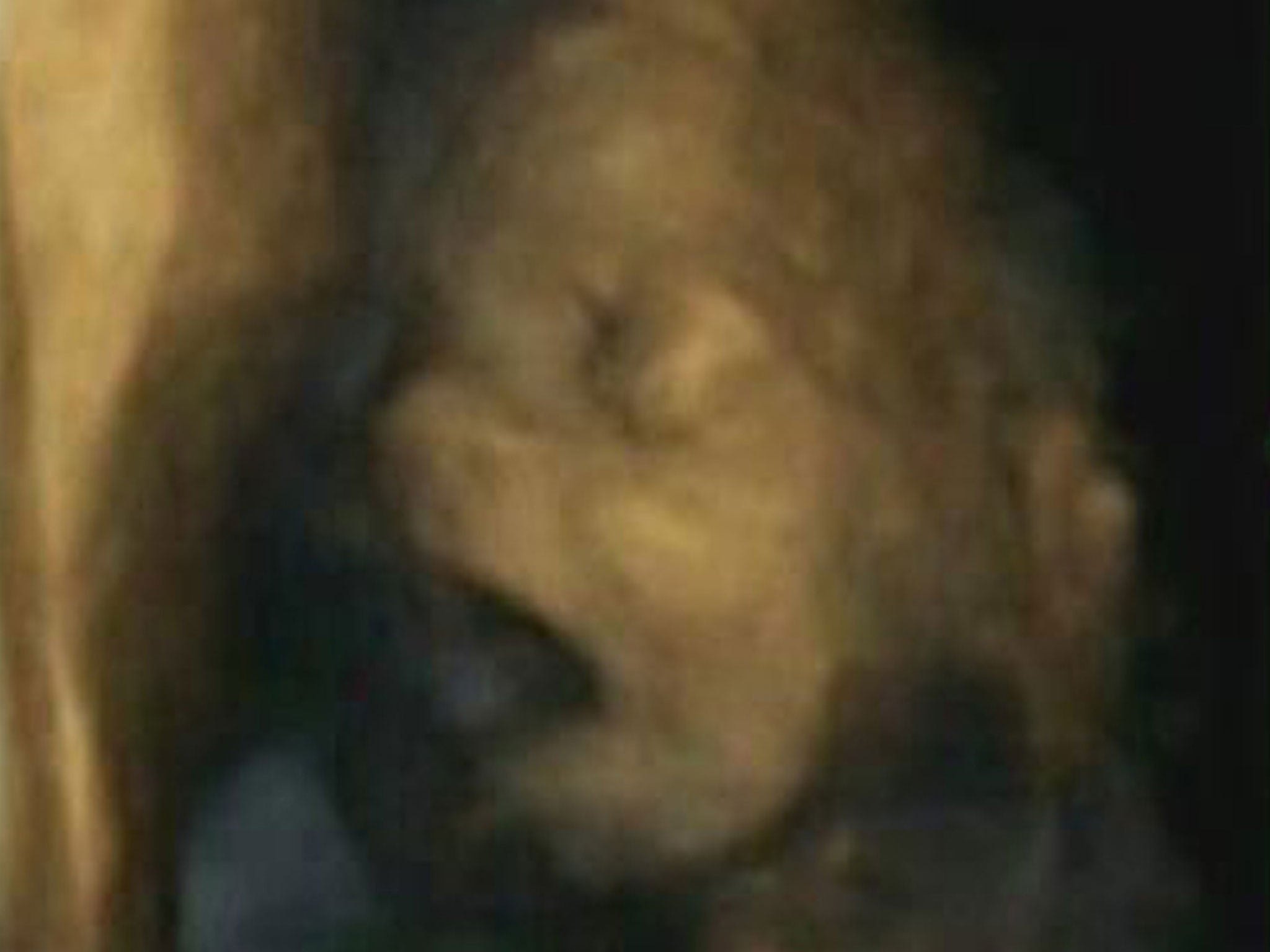Revealing scans show foetuses yawn in the womb

Spending six months in the womb is evidently a tedious business - so it perhaps comes as no surprise that scientists have discovered that foetuses yawn.
Images of foetuses appearing to yawn have in the past have sparked a fierce debate between scientists, with some claiming that the developing babies were simply opening and closing their mouths.
A new study, which uses high resolution ultrasound images, claims to prove that theory wrong.
Researchers have used a standard definition of yawning to distinguish it from non-yawn mouth opening, after scanning foetuses four times between 24 and 36 weeks' gestation.
The scientists measure how long the mouth is spent opening to its widest point, and compare it with how long it is spent closing.
Using this method they claim to be able to distinguish between a yawn and a simple opening and closing of the mouth.
A true yawn involves a slow opening of the mouth to its full stretch, followed by more rapid closure.
Dr Nadja Reissland, from the University of Durham, who led the study of seven male and eight female foetuses from six to nine months of pregnancy, said: "The results of this study demonstrate that yawning can be observed in healthy foetuses and extends previous work on foetal yawning.
"Unlike us, foetuses do not yawn contagiously, nor do they yawn because they are sleepy. Instead, the frequency of yawning in the womb may be linked to the maturing of the brain early in gestation."
Foetal yawns occurred more frequently than simple mouth openings early in pregnancy, but declined after 28 weeks.
In total, 56 yawns and 27 non-yawn mouth openings were observed from 58 scans.
Yawning, which is known to be 'contagious' in adults, is still something of a scientific mystery.
Both humans and animals yawn but why the behaviour developed is still unclear.
Theories include communication, neurological function, regulating temperature and a link with stress.
The scientists wrote: "Given that the frequency of yawning in our sample of healthy foetuses declined from 24 to 36 weeks gestation, it is possible that yawning and simple mouth opening have a maturational function early in gestation.
"Although yawning and simple mouth opening have the same trajectory shape over age, it is notable that the yawning rate is just over double the non-yawning rate."
Further research was needed to examine whether foetal yawning is related to central nervous system development, they said.
Join our commenting forum
Join thought-provoking conversations, follow other Independent readers and see their replies
Comments